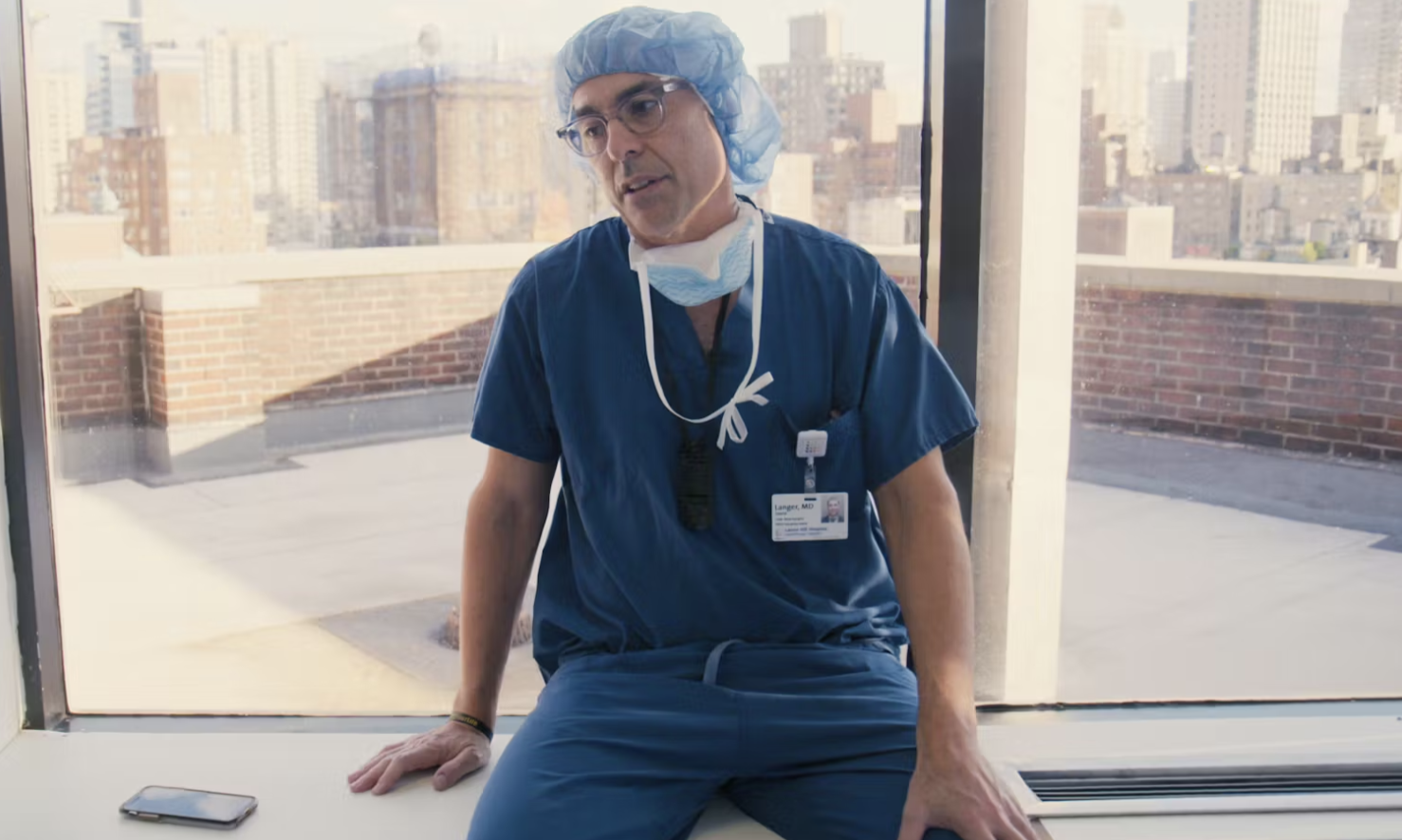Understanding AI apprehension in healthcare, and how to mitigate it

During the Industrial Revolution, not everyone took kindly to the new technologies springing up across industries. In fact, some laborers believed the new technologies and machinery threatened their skills and livelihoods. In protest of the growing prevalence and reliance on new factory machinery, a group of protestors—you may know them as the Luddites —was painted in many historical recollections as an angry gang of disgruntled textile workers who refused to use any new technology and even went as far as destroying machinery in protest. While the term luddite is used today to refer to someone behind the times who refuses modern conveniences, the protestors who coined it were critical thinkers skeptical of reckless progress.
The Luddites did indeed damage machinery and set fire to textile mills, but their main concerns revolved around the availability of work and higher wages—not necessarily the machines themselves. Smithsonian Magazine states,
“As the Industrial Revolution began, workers naturally worried about being displaced by increasingly efficient machines. But the [protestors] themselves “were totally fine with machines,” says Kevin Binfield, editor of the 2004 collection Writings of the Luddites. “They just wanted machines that made high-quality goods,” says Binfield, “and they wanted these machines to be run by workers who had gone through an apprenticeship and got paid decent wages.”
As the true craftspeople closest to the work, who understood the material and product the most because they were the ones who handled it every day, fears that their removal from the work would cause the product to suffer were understandable—and, in some cases, valid.
Despite their protests, the rest is history. Machines now run the world. Almost two centuries later, however, there are still passionate groups of people who are critical of revolutionary new technologies transforming all industries, especially now in healthcare.
The introduction of AI to healthcare is still cause for apprehension among different groups of healthcare workers, with some nurses (who are no strangers to incorporating new technology into their operations) even protesting it altogether. Many hospitals that integrated AI platforms into their daily operations did so to help clinicians streamline their workflows and update extremely antiquated EMR technology. But if the people interacting with that new technology, the clinicians themselves, say that it makes their jobs harder - not easier - healthcare leaders need to understand how to integrate and guide their AI use in the most responsible, intentional way possible.
To guide responsible AI use, healthcare professionals need to understand and address the very same concerns that troubled the protestors of the Industrial Revolution in their criticisms of new technology:
- Guard against irresponsible use of new technology.
Taking a First Principles of Healthcare approach to adopting new technology in healthcare is essential. No matter the potential it promises, new technology needs first to prove that it does not harm. When it comes to health, the margin for error is non-existent. Integrating AI requires checkpoints and guardrails against error and bias.
Playback Health monitors AI performance by addressing errors or adverse events and maintains transparency by linking AI model inputs and outputs to clinical evidence. To foster trust, Playback supports shared decision-making with patients so they are heard and understood, harnessing a culture of community care. Thoughtful application of revolutionary technology has the power to change healthcare for the better, helping everyone in the healthcare equation solve problems faster and communicate more effectively.
- Adhere to standard labor practices.
Even if new technology offers a new way of solving old problems, the end shouldn’t justify the means. A health system’s code of ethics and security/privacy shouldn’t be compromised just to implement a more sophisticated, faster way of doing things.
At Playback Health, security is top of mind. With a uniquely developed and patented credentialing security system that ensures SOC 2 and HIPAA compliance, Playback takes patient privacy serious at the start. Aall our AI solutions are routinely tested in clinical settings that demand a standard of optimal efficacy and safety. By controlling the parameters of new technologies, humans stay at the heart of healthcare.
- Require high-quality, reliable results.
The proof is in the product, and in healthcare AI’s case, the proof is in the ROI. To use AI thoughtfully in the first place, a specific problem should be isolated, addressed via the AI, and then analyzed. If there is proof that the AI solved the issue according to irrefutable data, it passes the necessary AI ROI success test.
Playback Health’s success rests on its results. Playback offers technology that solves an immediate problem by saving clinicians up to three hours per workday by automating their notes. Neurosurgeon Dr. Randy D’Amico reports that Playback’s features make him a more efficient doctor, enabling him to move to new patients quicker by saving him time automating his notes. When he works more efficiently, the entire practice at Lenox Hill Neurosurgery runs more efficiently as a result.
- Train clinicians efficiently to use new technology correctly.
No matter how exquisitely it is developed, new technology needs to be harnessed and understood appropriately by the people implementing it: clinicians. Clinicians need to be trained to use AI features correctly, and the features themselves need to be designed to make them easy to use and adopt in a busy hospital environment.
Playback offers a supportive client services team that helps new clinicians download and start using Playback Pro to transcribe their appointments, automate their notes, and connect with their patients immediately. From easy-to-follow demos to on-site support, Playback understands that any technology is only as good as its ease of use.
- Support clinicians adequately in their efforts.
Quality AI integration concerns clinicians and how well they feel supported in their roles. Clinicians need to feel willing and able to adopt these new AI features, understanding that the features will change how they work—for the better. Health systems must earn their clinicians’ trust by only introducing features that genuinely help and relieve clinicians in their stressful roles.
As a clinical suite built for clinician support, Playback understands the importance of delivering on that promise. With clinician burnout rates still too high for comfort, the last thing clinicians need is a Trojan horse technology solution that further complicates their work days. The right AI features, used responsibly, enable clinicians to get out from behind the piles of paperwork at their desks and back in front of their patients to do what they do best: care for people.
In a time of rapid technological advancement in healthcare and beyond, healthcare leaders must earn the trust of providers and patients alike by implementing new technology in the most informed, intentional way possible, with positive outcomes that prove the technology’s validity, reliability, and necessity.
Playback Health’s unified clinical platform integrates AI features in an intentional, safe way to simplify clinicians' jobs. Get started today.
What's new at Playback Health?

The “Basilar Ganglia” That Wasn’t: Why Accuracy in Healthcare AI Matters More Than Ever

The “Basilar Ganglia” That Wasn’t: Why Accuracy in Healthcare AI Matters More Than Ever

Why Dr. David Langer Believes Ambient AI Is the Future of Patient Communication

How Playback Pro Is Ushering in a New Era for Air Medical Transport


.png)


.svg)

